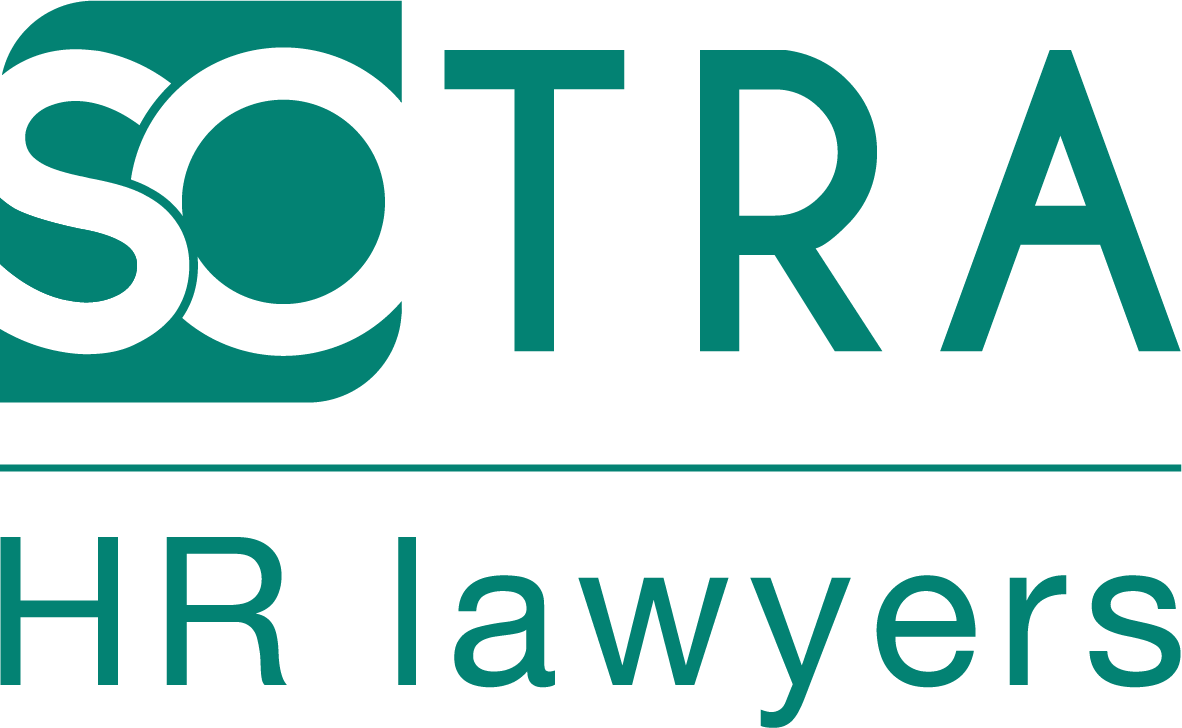
The CJEU clarifies the conditions for neutrality policies adopted within an undertaking
A general ban on religious or political signs in the workplace is possible under certain conditions, according to the CJEU. Such a policy must be justified by a genuine need on the part of the employer, be applied consistently and be limited to what is strictly necessary. Otherwise, such a policy could be considered discriminatory.

A general ban on religious or political signs in the workplace is possible under certain conditions, according to the CJEU. Such a policy must be justified by a genuine need on the part of the employer, be applied consistently and be limited to what is strictly necessary.
Otherwise, such a policy could be considered discriminatory.
Context
One of the cases that have led to this judgement of the CJEU concerns a Muslim educator working in a child day care centre. Her employer claimed to be politically and religiously neutral and therefore prohibited the wearing of visible signs of any political, religious or philosophical belief on the workfloor.
The employee, wearing an Islamic headscarf, refused to comply with her employer's policy and was sanctioned. She brought an action against her employer, considering that she was discriminated against because of (among other things) her religion.
The national judge asked the Court of Justice of the European Union (CJEU) whether there is any prohibited discrimination in play.
The decision of the CJEU
The Court first recalls that the general prohibition on the wearing of religious or political symbols in the workplace does not constitute direct discrimination on grounds of religion or belief, insofar as it is aimed at all manifestations of belief and treats all workers in the same way.
As it had already ruled in the Achbita case, the Court recalls that such a rule may, on the other hand, constitute indirect discrimination, unless it is objectively justified by a legitimate aim and the means of achieving that aim are appropriate and necessary. It is precisely on the scope of this justification that the Court has ruled in this case.
A general ban on the wearing of religious or political symbols within the company may be justified by the employer's desire to pursue a policy of neutrality, provided that :
i) This policy responds to a genuine need of the employer, which it must demonstrate by taking into account, in particular :
- the legitimate expectations of the company's customers/users (in this case, the Court held that parents have a right to have their children supervised by people who do not manifest their religion or beliefs); and ;
- the possible negative consequences that could result from the absence of such a policy.
ii) The policy of neutrality must be applied systematically and consistently.
iii) The ban should be limited to what is strictly necessary.
If these conditions are met, the employer is not discriminating.
What to remember?
With this judgment, the CJEU confirms that a general ban on the wearing of any religious or political symbols within the company can be based on a policy of neutrality.
However, the Court has tempered the principle by making this authorisation subject to compliance with several conditions. The ban must be justified by a real need on the part of the employer, be applied consistently and systematically and be limited to what is strictly necessary.
Source: Court of Justice of the European Union, 15 July 2021, cases C-804/18 and C-341/19, www.curia.europa.eu.
